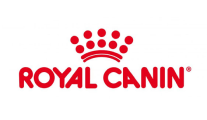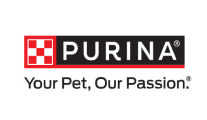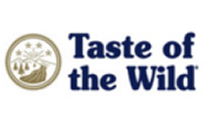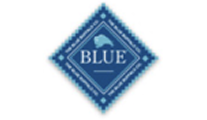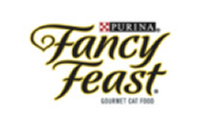- SUPPORTS KIDNEY HEALTH: Royal Canin Veterinary Diet Renal Support F is a veterinary-exclusive dry cat food to support cat kidney health
- F = FLAVORFUL: Helps stimulate appetite in adult cats and encourages eating with triangle-shaped kibble
- HIGHLY PALATABLE: Helps compensate for decreased appetite with a highly palatable energy-dense dry cat food formula to reduce meal volume
- PROMOTES KIDNEY FUNCTION: A precise antioxidant complex, fatty acids from fish oil, low phosphorus, and targeted protein levels help promote kidney care
- MIX WITH WET FOOD: Works in conjunction with a variety of appetite-stimulating Royal Canin adult cat food varieties
Royal Canin Veterinary Diet Feline Renal Support F Dry Cat Food
Prescription required.
Learn more
Save $0 by joining PetPlus
Prescription required.
Learn more
Save $0 by joining PetPlus
- SUPPORTS KIDNEY HEALTH: Royal Canin Veterinary Diet Renal Support F is a veterinary-exclusive dry cat food to support cat kidney health
- F = FLAVORFUL: Helps stimulate appetite in adult cats and encourages eating with triangle-shaped kibble
- HIGHLY PALATABLE: Helps compensate for decreased appetite with a highly palatable energy-dense dry cat food formula to reduce meal volume
- PROMOTES KIDNEY FUNCTION: A precise antioxidant complex, fatty acids from fish oil, low phosphorus, and targeted protein levels help promote kidney care
- MIX WITH WET FOOD: Works in conjunction with a variety of appetite-stimulating Royal Canin adult cat food varieties






